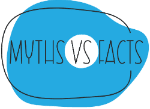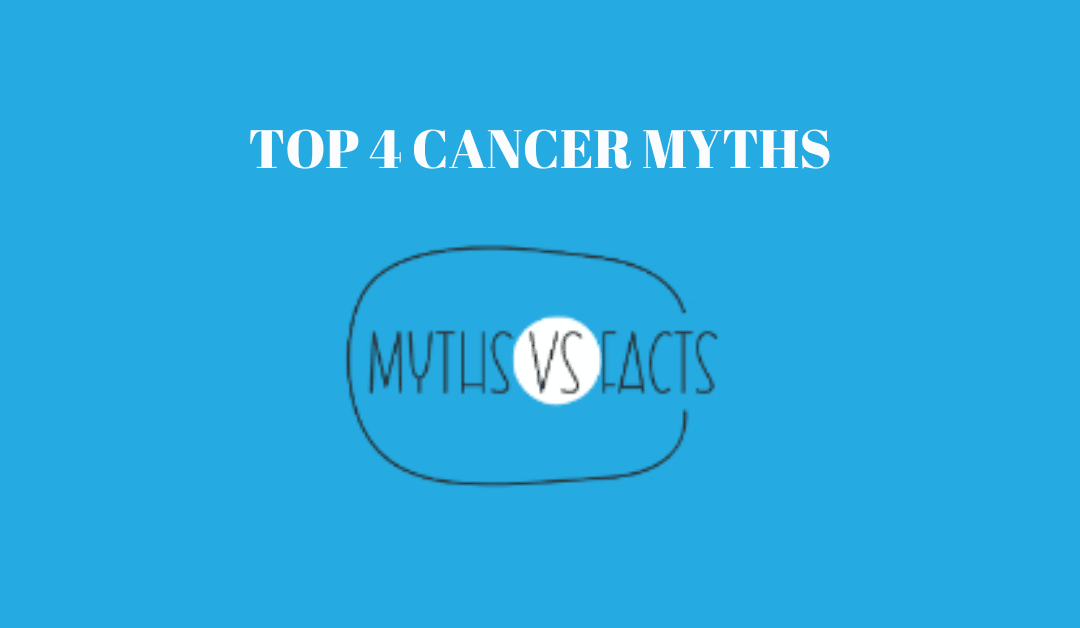With all the medical advances and education for cancer, it is amazing that myths and misconceptions about cancer still abound and worry us needlessly.
Here we debunk a few common misunderstandings around cancer. Share this information with people as you gather this holiday season. It could ease others’ cancer fears.
CANCER MYTHS

Cancer is always fatal.
Fortunately, this is incorrect. According to the National Cancer Institute Office of Cancer Survivorship, as of January 2022, it is estimated that there are 18.1 million cancer survivors in the United States. This represents approximately 5.4% of the population. The number of cancer survivors is projected to increase by 24.4%, to 22.5 million, by 2032.
Advances in the prevention, screening and treatment of cancer are improving cancer survivorship tremendously.

Cancer is contagious.
Generally speaking, no, cancer cannot be “caught” from another person. It is also true that certain cancer-causing viruses and bacteria passed from one person to another can increase the likelihood of developing cancer. In rare circumstances involving transplantation or pregnancy, transmission has been known to occur.

Cancer runs in families.
While some of us are born with genes passed down from our parents that may predispose us to developing cancer at some point in our lives, only about 5-10% of cancers are due to mutations inherited from a parent. Most cancers are caused by genetic changes that occur and build up from lifestyle choices and/or exposure to chemicals and environmental factors during our lifetime.

Everything around us causes cancer.
Who hasn’t heard that using deodorant, cosmetics, hair dyes, smart phones, microwaves, sugar, artificial sweeteners, or being in close proximity to power lines all can cause cancer?
The good news: there is no consistent, conclusive scientific evidence to support these claims.
When you hear new or suspicious information about cancer, it’s a good idea to fact check by discussing it with your doctor. If you prefer to do your own online research, visit reliable cancer organization websites like these to find credible information you can trust. And, of course, there is a wealth of information on Bag It Cancer’s Resource Center.


Recent Comments